Newly Formed In 2020
Just one year after the United States established its new Space Force, Japan followed suit by forming the “Space Operations Unit” – a small unit of 30 people designed specifically for monitoring space debris.
Unlike its US counterpart, the Japanese space unit falls under the branch of the Air Self-Defense Force (JASDF) and is not an independent force.
JASDF has been recently emphasizing the importance of new domains, such as space, cyber, electro-magnetic fields, and space is regarded as the most important since army and naval units cannot keep up in this realm.
Threat of Space Debris
Ever since humanity launched its first artificial satellite, the number of both operational and retired satellites continue to grow in the orbital area, increasing the risk of accidents.
Because these satellites are indispensable assets for our daily activities, let alone military operations, any collisions with other satellites or smaller space debris has the potential to jeopardize an entire infrastructure system.
Currently, more than 700,000 pieces of space junk are floating in orbit, and this number just refers to obsolete satellites and related components larger than 1cm. If we include those smaller than 1cm, the number is expected to easily exceed a million pieces.
While a small fragment of 1cm may not seem menacing, we must take into account that each piece is orbiting at a speed of 8km or 5miles per second, thus posing a serious threat towards operating satellites and space stations.
Adding to this is the existence of “killer satellites” that are presumed to be capable of attacking or neutralizing other satellites. China and Russia are allegedly operating these anti-satellite weapons to disrupt their adversary’s military capabilities, which in this case includes the United States and Japan.
Space Situation Awareness
To protect vital satellites from attacks and numerous space debris, a monitoring system called “Space Situational Awareness (SSA)” is required to operate on a 24-7 basis.
This SSA mission is exactly what the JASDF space unit was created for and the aforementioned Space Operations Unit was upgraded to the “Space Operations Group” of 120 personnel in just two years.
The Space Operations Group is consisted of the 1st Space Operations Unit located at Tokyo’s Fuchu Air Base and the 2nd Space Operations Unit which operates the surveillance radar at the Hofu-Kita Air Base in Yamaguchi Prefecture.
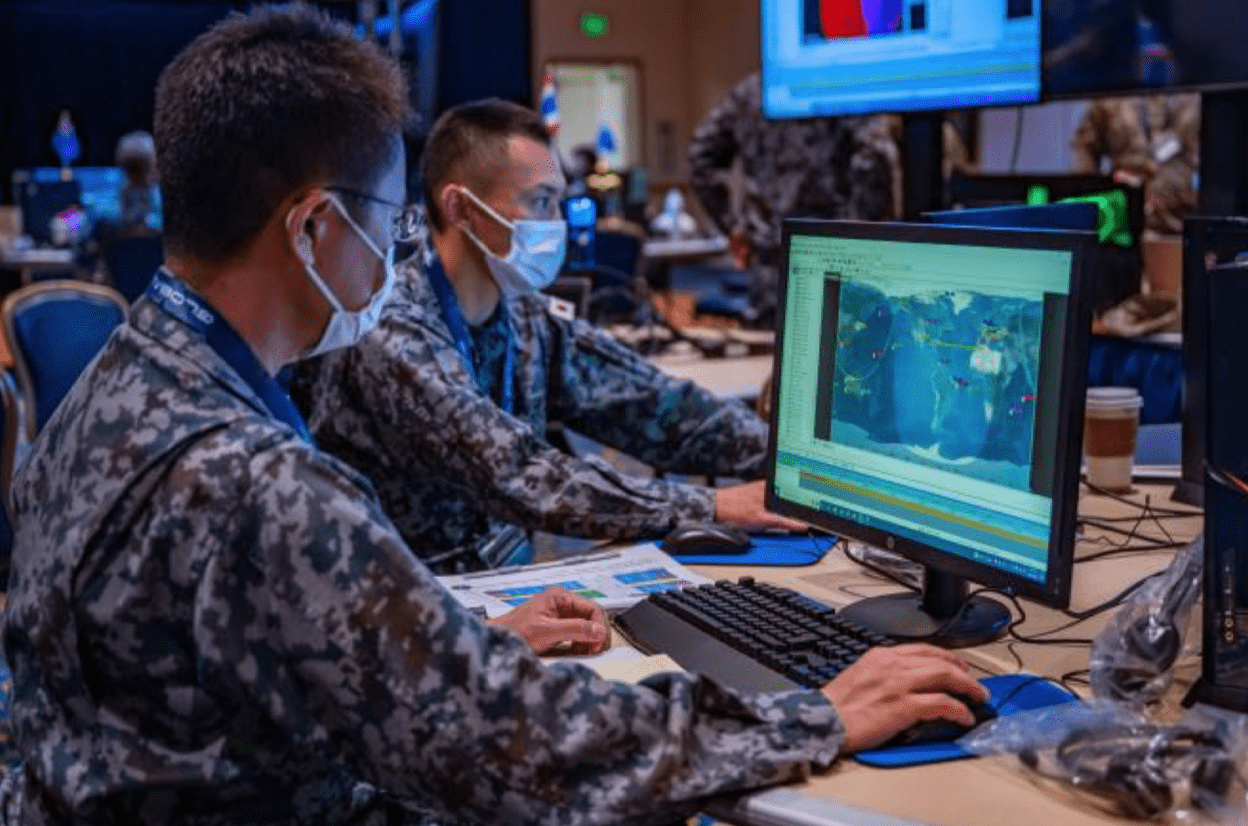 Space personnel during international training (photo: JASDF)
Space personnel during international training (photo: JASDF)
Compared to the space forces in Star Wars or the Gundam series, the real space units have the mundane job of monitoring space junk instead of actual combat, but their role is crucial in ensuring the safety of existing satellites.
By cooperating with Japan Aerospace Exploration Agency (JAXA) and the more well-equipped US Space Force, JASDF’s Space Operations Group is expected to prevent any space accidents and keep an eye out for any suspicious satellites.
Some personnel have already been sent to JAXA for this purpose and JASDF aims to construct an elaborate information-sharing system with not only JAXA, but also the US Space Force.
Not Enough Personnel?
The Space Operations Group is far from the US Space Force in terms of size and capability, but considering the ever growing importance of the space domain, it is projected to be reinforced to a point where JASDF will become the Air and Space Self-Defense Force by 2027.
But, the real problem is how to secure enough manpower for this new task.
Just like the army and navy, JASDF is also struggling to recruit new members amidst the expanding missions and shrinking population. The fact that working in the field of space requires high English proficiency exacerbates this predicament.
Of course, JASDF has been putting substantial effort in improving the overall English skills among its personnel, but this is something that cannot be achieved overnight and recruiting prominent space personnel has seen fierce competition with other organizations like JAXA.

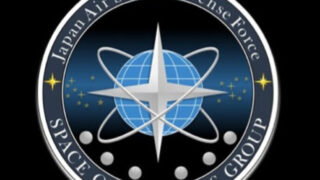

-320x180.jpg)
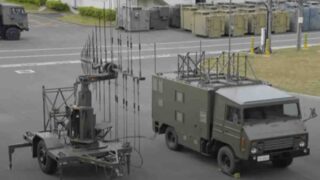
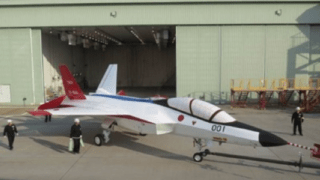
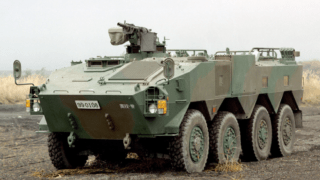




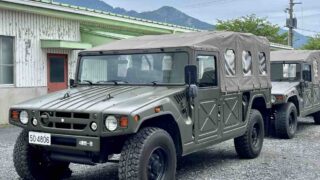


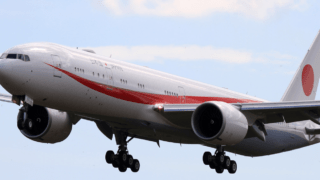
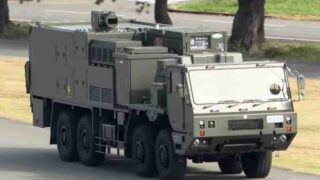
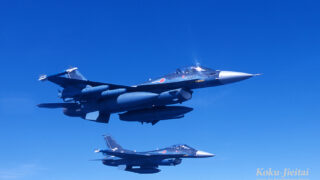
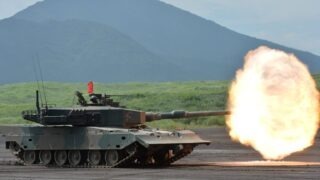
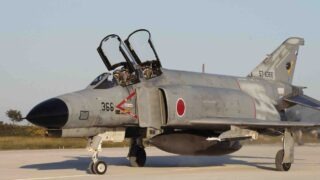

Comments